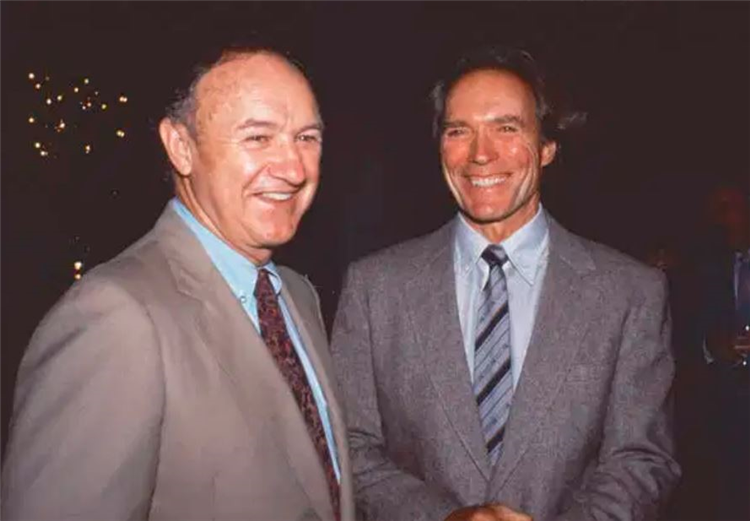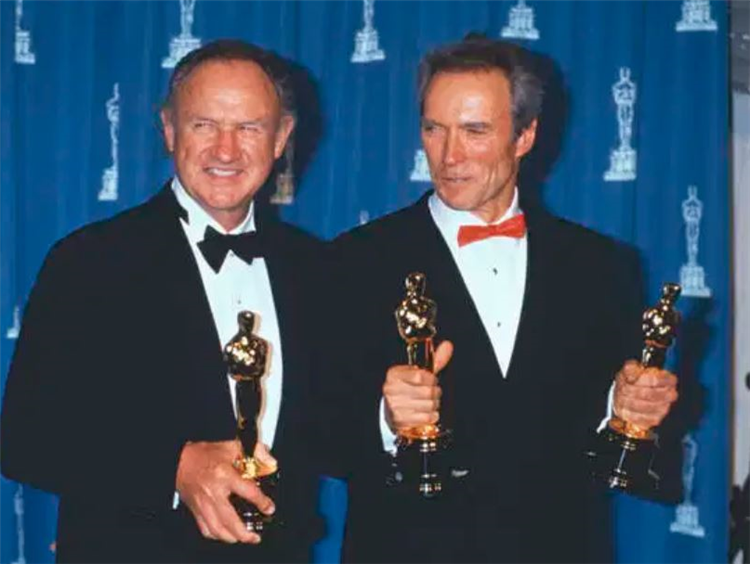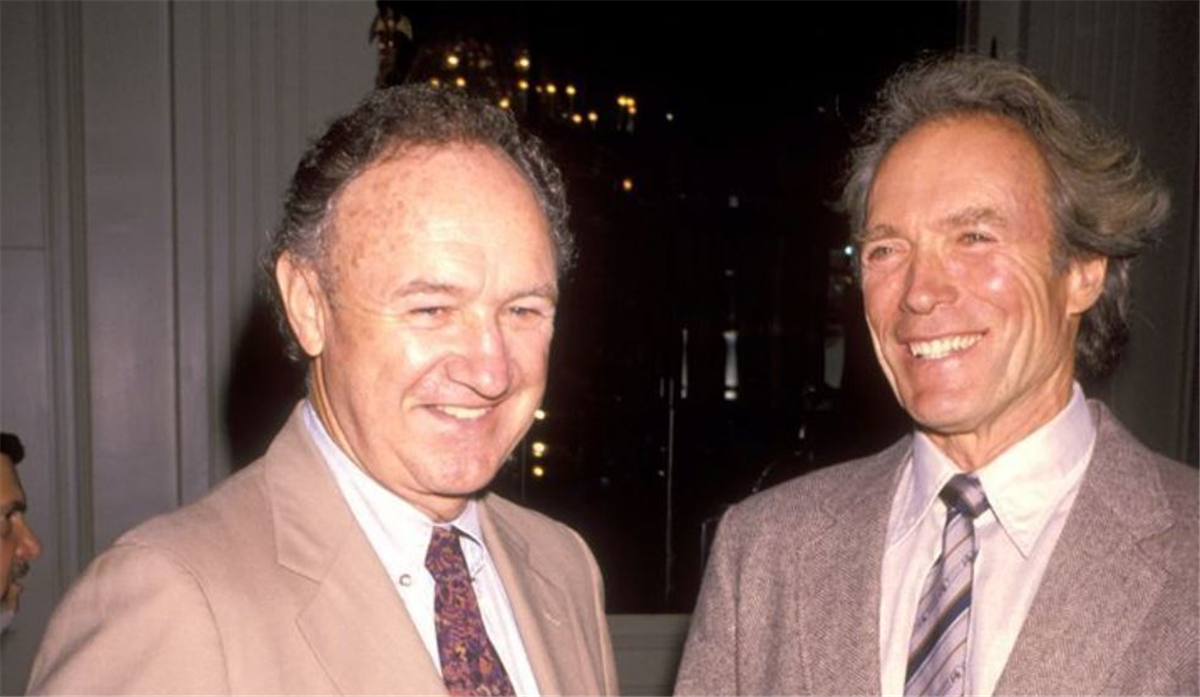Hollywood is a place where promises are regularly broken or reneged upon, but Gene Hackman was always known for being a man of conviction and principle, which ensured that when he made a vow, it was one he’d do everything within his power to maintain.
However, Clint Eastwood tends to have a funny effect on people, with one legend approaching the other with an offer that, on paper, Hackman should have rejected. And yet, it was to cinema’s great benefit that he relented upon his self-imposed rule, and it also happened to win him the second Academy Award of his career.
Hackman was undoubtedly one of his generation’s top talents, and while he was famed for his dramatic range and versatility, he was better than most at playing no-nonsense tough guys. He just looked like a guy who wouldn’t take any shit from anybody, which came in handy when those exact types of characters served as the backdrop to so many of his best and most successful movies.

The French Connection, Uncommon Valor, Target, No Way Out, Mississippi Burning, and The Package were all thrillers that featured at least some degree of murder, gunplay, or violence, and it was a direction Hackman’s family weren’t exactly thrilled at seeing him head in.
When Eastwood approached him with an offer to play the ruthless antagonist Bill Daggett in Unforgiven, Hackman knew it was a wonderful part, but he wasn’t sure about inhabiting yet another role that required him to dish out blood-soaked and bullet-riddled retribution, with screenwriter David Webb Peoples recalling his initial reluctance.
“Gene’a daughters didn’t like all the violent movies he was doing,” the scribe recalled, which had a massive bearing on this thinking when “he was at a stage in his career where his family was more important than his work.” After talking it over with the leading man and director, though, his mind was ultimately swayed.

Eastwood explained that while Unforgiven was definitely a violent film, it didn’t glorify or glamourise it. Instead, it was used as the manifestation of humanity’s worst impulses and instincts, with William Munny turning his back on a life of violence until there were no other options left on the table, whereas Daggett used it to instil fear in the population of Big Whiskey and effectively subjugate them.
“I swore I would never be involved in a picture with this much violence in it,” Hackman acknowledged, at least until he dug beneath the surface. “But the more I read it, the more I came to understand the purpose of the film, the more fascinated I became.”
It wasn’t just violence for the sake of violence, with Unforgiven luxuriating in picking apart what it meant to try and survive in such a cutthroat and lawless world, something that couldn’t be achieved or realised onscreen without a six-shooter or two. Hackman was in, and the end result was an Oscar win and one of the best performances of his career in one of the best movies he was ever in.
